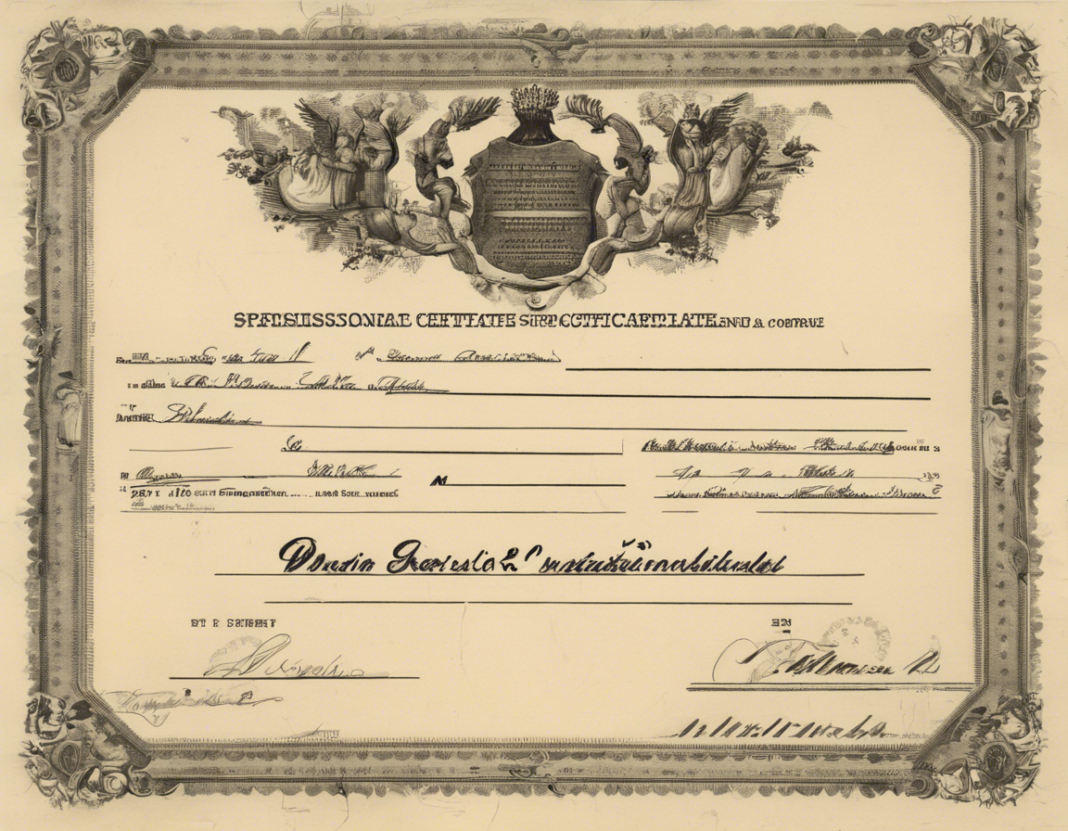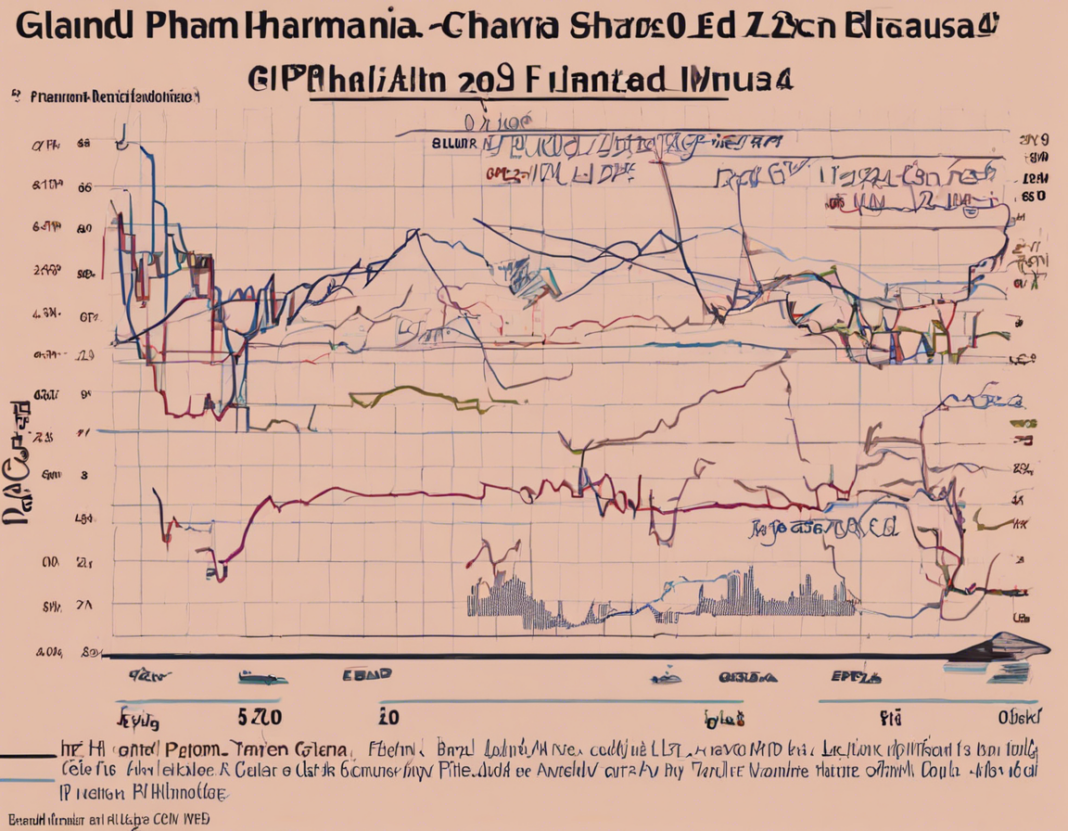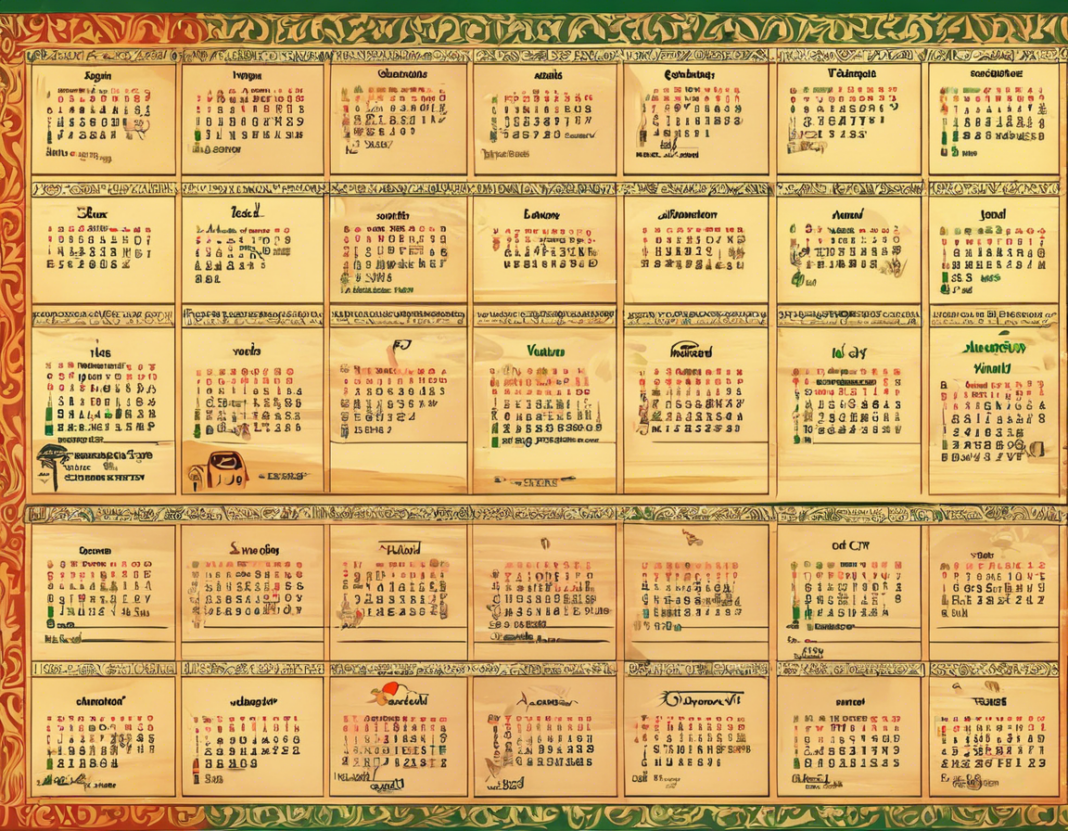Provisional certificates play a crucial role in various aspects of professional development, education, and certification processes. Whether you are pursuing a certification, license, or another form of recognition, understanding provisional certificates is essential. In this comprehensive guide, we will delve into what provisional certificates are, their purpose, how they differ from regular certificates, and other important details regarding their significance.
What is a Provisional Certificate?
A provisional certificate, also known as a temporary certificate or interim certificate, is a document issued to an individual as proof of their current status or achievements, with the understanding that further requirements need to be met for a permanent or full certificate to be granted. This provisional status allows individuals to begin work or practice in a certain field while they work towards meeting the final requirements for full certification or licensure.
Purpose of Provisional Certificates
The primary purpose of a provisional certificate is to bridge the gap between the completion of necessary coursework, training, or examinations and the final issuance of a full certificate. It allows individuals to start working in their chosen field without delay while they fulfill any outstanding requirements.
Key Differences Between Provisional and Regular Certificates
-
Validity Period: Provisional certificates have a limited validity period, typically ranging from a few months to a year, whereas regular certificates are issued without an expiration date.
-
Requirement Fulfillment: Provisional certificates are issued before the completion of all necessary requirements, while regular certificates are granted only after full compliance with all criteria.
-
Scope of Practice: Provisional certificates may restrict the scope of practice or conditions under which an individual can work, while regular certificates provide unrestricted authorization to practice in the designated field.
Importance of Provisional Certificates
1. Early Career Opportunities: Provisional certificates enable individuals to kickstart their careers and gain valuable experience while working towards full certification.
2. Flexibility and Mobility: Provisional certificates offer flexibility for individuals to work in different locations or settings before obtaining their permanent certification.
3. Compliance: By issuing provisional certificates, regulatory bodies can ensure that individuals meet certain standards before granting full certification, thus maintaining quality and accountability in the profession.
How to Obtain a Provisional Certificate
The process of obtaining a provisional certificate varies depending on the type of certification or licensure. In general, the steps may include:
1. Application: Submitting an application to the relevant certifying or licensing body, along with any required documentation or fees.
2. Eligibility Check: Meeting the minimum eligibility criteria for a provisional certificate, which may include education, training, or examination requirements.
3. Issuance: Upon approval, the provisional certificate is issued to the individual, outlining any conditions or limitations of practice.
4. Completion of Requirements: Fulfilling any outstanding requirements within the specified timeframe to transition from provisional to full certification.
Frequently Asked Questions (FAQs) About Provisional Certificates
1. Can I work with a provisional certificate?
Yes, provisional certificates allow individuals to work in their chosen field under certain conditions or restrictions while they work towards meeting all requirements for full certification.
2. How long is a provisional certificate valid for?
The validity period of a provisional certificate varies depending on the certifying or licensing body, but it typically ranges from a few months to a year.
3. What happens if I do not meet the requirements for full certification within the provisional period?
If the requirements for full certification are not met within the provisional period, the provisional certificate may expire, and further action may be required to continue working in the field.
4. Can a provisional certificate be renewed?
In some cases, provisional certificates may be renewed or extended if certain conditions are met, such as progress towards completing the outstanding requirements.
5. How can I transition from a provisional certificate to a full certificate?
To transition from a provisional certificate to a full certificate, individuals must complete any remaining requirements outlined by the certifying or licensing body within the specified timeframe.
6. Can I use a provisional certificate to apply for jobs or contracts requiring certification?
While provisional certificates may allow you to work in the field, it is essential to check with potential employers or clients regarding their specific requirements for certification or licensure.
7. Are provisional certificates recognized internationally?
The recognition of provisional certificates may vary internationally, depending on the regulations and standards of each country or region. It is advisable to verify the acceptance of provisional certificates in the desired location.
8. Is a provisional certificate equivalent to a full certificate?
A provisional certificate is not equivalent to a full certificate, as it indicates provisional or temporary status and may come with limitations or conditions on practice.
9. Can a provisional certificate be upgraded to a full certificate?
By fulfilling all necessary requirements within the provisional period, individuals can upgrade their provisional certificate to a full certificate, granting them unrestricted authorization to practice in the field.
10. How does a provisional certificate impact my professional development?
Provisional certificates provide a valuable opportunity for professional development by allowing individuals to gain hands-on experience, develop skills, and establish themselves in their chosen field while working towards full certification.
In conclusion, provisional certificates serve as a stepping stone towards full certification, enabling individuals to gain early access to career opportunities while ensuring compliance with established standards. Understanding the purpose, process, and significance of provisional certificates is essential for those navigating the certification and licensure journey in various professions.


